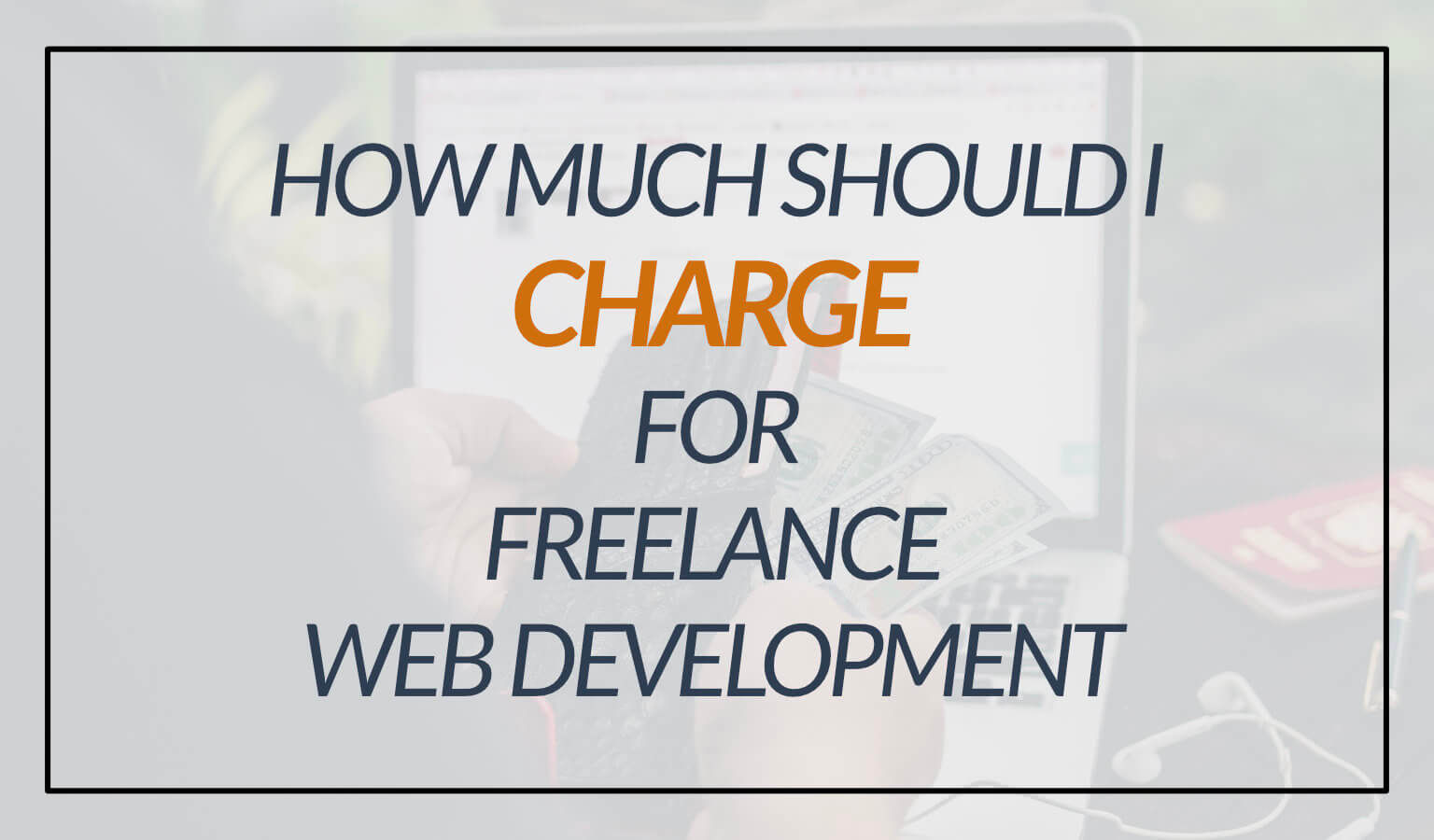Time is a valuable resource and its importance in our lives is often underestimated. We tend to get caught up in the present moment without considering the lasting consequences of our choices. This article delves into the significance of having a long-term perspective and making the sacrifices necessary, short-term, to bring about meaningful transformations in both our careers and personal growth.
Table of Contents
- ⏳ Rethinking Time: The 30-Year Window
- 💭 The Trap of Short-Term Thinking
- 📈 The Power of Strategic Action
- 🚀 Embracing New Opportunities
- 🛠️ Developing Problem-Solving Skills
- 📋 Creating a Game Plan
- 🔑 Key Takeaways
If you’d rather watch the video, then here it is:
Otherwise, keep reading.
⏳ Rethinking Time: The 30-Year Window
Let’s say you have your prime working years from say 20 to 50, that’s 30 years, and at 25 years old, you fall in love with coding or data science or machine learning or building a YouTube channel based around your personality or a blog or really anything. Maybe going back to school for a PhD, and you decide that you’re gonna do what it takes to shift careers and leave a job you hate.
It’s a big life decision, but it’s one that will greatly benefit you in the long run. So you allot 3 years of learning, sacrifice, and study.
You have to cancel plans and cancel trips, maybe time with friends, and late nights to make it work. And you do it. You spend 3 years learning to code, building projects, making connections, getting certifications, maybe internships, and then after 3 years, you’ve gained the skills to become very marketable, you know your algorithms, you’ve picked up real-world experience, and you land the job.
Well, guess what? At that point, you’re still under 30. In fact, you’re just 28 years old. It only took 3 years out of your 30-year window.
But now, you’re making 3 times the salary and you have the baseline by which to increase that from here on out.
💭 The Trap of Short-Term Thinking
Now, instead of doing something like this, we want quick results.
We don’t want to spend 3 years doing anything.
We want to complain about the problems we have, about the economy. We don’t create any plan of action.
We spend our time leaving critical YouTube comments, jumping around to different tutorials, and criticizing others. And guess what? 3 years pass you by; 3 years of completely unproductive and wasted effort. Now, you’ve spent 3 years out of the 30 but you’re in the same spot that you were before. There are 3 years to change your life, 3 out of 30, remember, or 3 years wasted, still at the starting point. If you’ve ever read this really helpful book, The Almanac of Neville Ravikant, there’s a quote in it that says, we waste our time with short-term thinking and busy work. Warren Buffett spends a year deciding in a day acting. That act lasts decades.
Or in our case, 3 years of hard work and then a day of life-changing action, changing careers, changing your life, increasing your salary. And that change has a lasting impact on your life for years to decades to come.
📈 The Power of Strategic Action
When I learned to code over 7 years ago, yes, it was easier, but it was still hard for a person with no technical background outside of being good at computers. After 10 years at a job paying me a max of $37,000 a year, I woke up, I put in the work, and was able to instantly triple that as a result immediately. And that set a baseline salary that all subsequent jobs would have to match or increase for me to take the role.
Now, it took me about 6 months of hard work then. I would say it’s more like a year of hard work now. But I started at 34, and I was still 34 when I made the transition.
I actually have a video on that story. Watch it here. Make some coffee one day. Take a drive and listen to it. I think you’ll find it encouraging.
But my point is that we see 3 years as this long drawn-out period. We think of it in terms of all the things we missed out on in that period. But I’m here to say that if you don’t create a game plan for what you want in life and put it into action, those 3 years will pass without having made any significant improvement in your position.
People work decades moving up the corporate ladder. And then when they’re 50, they finally become a manager or have taken some significant step that they’re happy about, and all those many years of hard work have paid off. They’re so thankful and they celebrate, but I’m here to say that that’s a foolish way of thinking for many. And I say that because we don’t really live in that period of time where you can keep a job for that long.
🚀 Embracing New Opportunities
But instead of increasing your pay by 1000 a year for 30 years, take some time and learn a hard technical skill that will put you in a new financial bracket, especially with this growth of AI. Many see this as a threat. I see it as a bunch of new opportunities. Not just in coding or software development or engineering, but many new doors opening in the broad scope of technology.
Choose a path and become the best at it. But Travis, the economy is hard now. It’s too late. It’s too much work. The chances are slim. I can barely pay my bills. I hear you. But I respond in that the opportunities are actually endless.
You won’t land a FAANG job.
You probably won’t hit 6 figures in your first job.
You’ll have lots of rejections and frustrations, but you could land a job at the local college IT department, a local factory, a small web agency, a freelancing role, or perhaps you carve out your own path with some app that you build or a YouTube channel that you grow or whatever. We all look to the same job boards, but that’s like 1% of the opportunity in the world, especially with the world at our fingertips or literally in our pockets. Take time to learn the foundations that allow you to do a vast number of things in a particular field.
🛠️ Developing Problem-Solving Skills
And what if in addition to learning programming, you learned how computers work and sharpened up your math skills, and then applied those to how programming actually works?
In doing so, you’re not just a JavaScript developer or a Python developer, but a technician who can shift around as the industry changes and evolves. Learning the actual programming is easy. Learning to solve problems, making decisions, and conveying ideas well, those are harder.
But if you spend additional time on these skills, skills that can’t be automated, then who really cares about AI taking over? You’re able to pick up whatever you need along the way. And say it takes 3 years. Again, if you’re 30 and it takes 3 years, you’re only 33 when you’ve achieved what you want.
Now, I’m not saying you need to do this. I’m not saying it will take exactly 3 years. But I am saying, stop living so short-sighted expecting things to happen so quickly without putting in the hard work or taking the time needed to do it.
📋 Creating a Game Plan
So do this: First, make a plan. What do you want? Second, how do you get there? You need to create very specific steps that you can stick to that progressively guide you to your goal.
And third, how long will it take you to get there? This is the step where you need to actually zoom out and look at the big picture. Spend more time in the big picture than the immediate state you’re in when it comes to career planning and life goals.
🔑 Key Takeaways
- Time is a valuable resource; don’t waste it on short-term thinking.
- Commit to long-term goals and be prepared to make sacrifices.
- in skill development to increase your marketability.
- Embrace opportunities in a changing job market.
- Create a detailed plan to guide your career transition.
To sum up, don’t allow the fear of investing time to hold you back from following your dreams. The upcoming three years can either be a phase of long-term progress or a standstill. The decision is in your hands. Begin now and you’ll be grateful to yourself in the future.
This page may contain affiliate links. Please see my affiliate disclaimer for more info.









